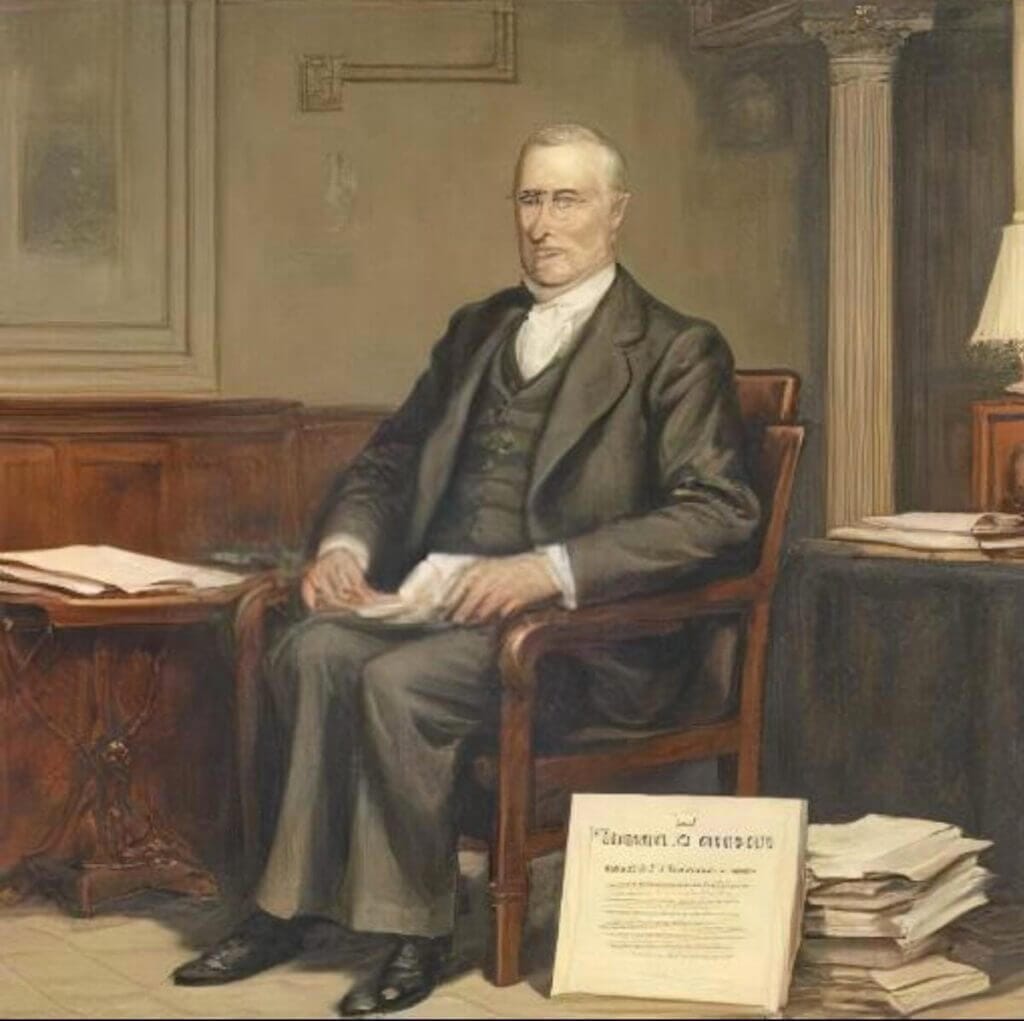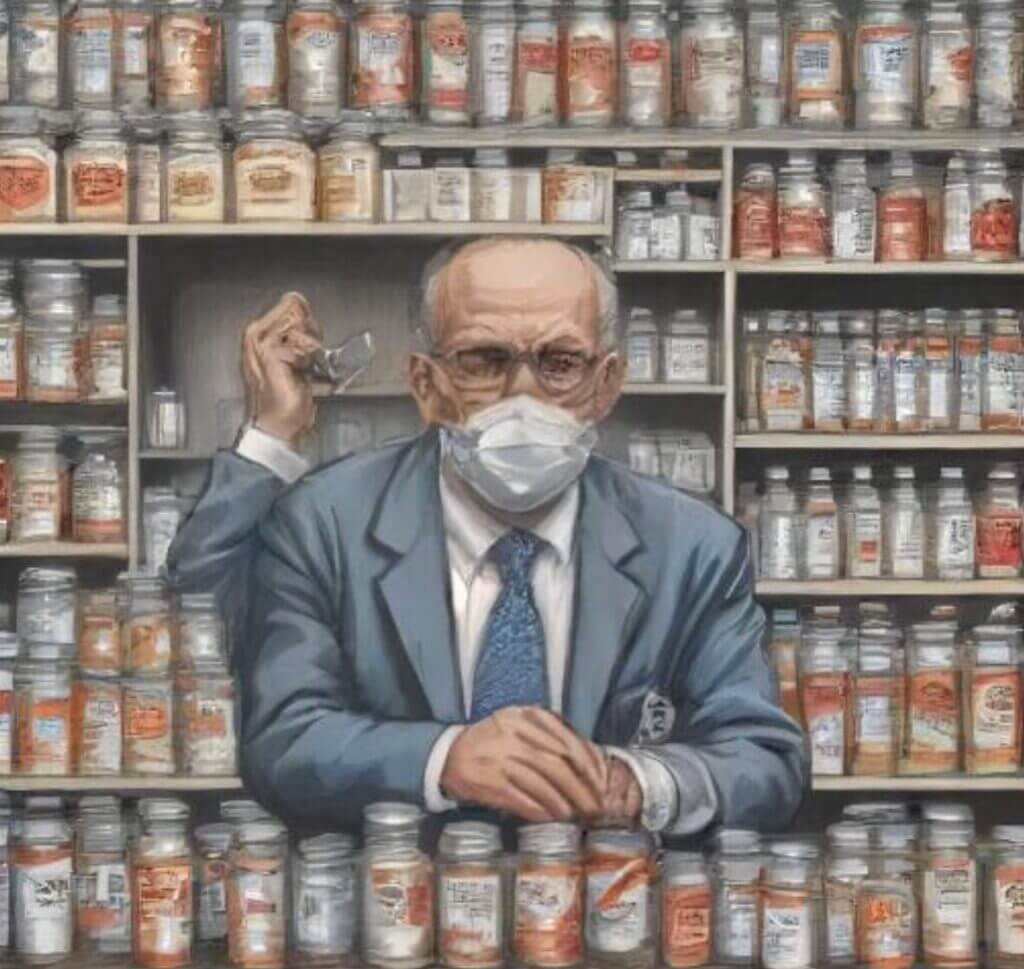Big Pharma, F Them. The transition from herbal medicine to petroleum-based pharmaceuticals was heavily influenced by powerful industrialists like John D. Rockefeller. In the early 20th century, Rockefeller, with his Standard Oil empire, played a critical role in shaping modern medicine by promoting synthetic drugs made from petrochemicals while sidelining traditional, plant-based remedies.

The Flexner Report, commissioned by the Carnegie Foundation with substantial Rockefeller influence, was pivotal in restructuring medical education. Published in 1910, it advocated for standardized, science-based curricula, shutting down many of the less formal and alternative medical schools, including those focused on herbal and homeopathic medicine. This consolidation of medical schools resulted in the marginalization of practices such as homeopathy, herbalism, and other natural approaches to healing. The report promoted allopathic medicine—the foundation for today’s pharmaceutical industry—which focused on the use of patented drugs. With Rockefeller and Carnegie funding, medical schools were incentivized to align with this model, thereby cementing pharmaceutical drugs as the dominant approach to healthcare.
Rockefeller’s involvement wasn’t just in education reform; it extended to the pharmaceutical industry itself. He invested in the research and development of synthetic drugs, derived from petroleum byproducts, effectively creating the market for what we now recognize as modern pharmaceutical drugs. Meanwhile, a strategic campaign to delegitimize herbal medicine and alternative treatments was carried out. The rise of pharmaceutical companies like Pfizer and Eli Lilly further cemented this shift. By the mid-20th century, these companies had grown into dominant global players, capitalizing on the new regulatory and educational structures that sidelined natural remedies(
(Literary Hub)(McGill University).

Today, the pharmaceutical industry remains tightly linked to corporate interests. Major corporations like Pfizer, Johnson & Johnson, Eli Lilly, and Merck are at the forefront of drug production, often collaborating with chemical companies that manufacture pesticides and other pollutants. Monsanto (now owned by Bayer) is one such company, notorious for producing herbicides like glyphosate, which has been linked to environmental degradation and health concerns. This same corporate conglomerate structure controls large swaths of the agricultural, chemical, and pharmaceutical industries(McGill University).
The relationship between big pharma and politics is also fraught with conflicts of interest. Pharmaceutical companies are some of the largest lobbyists in Washington, ensuring that policies are passed that favor their profitability, often at the expense of public health.
The current dominance of the pharmaceutical industry can be traced to strategic alliances between corporate interests and political power. Over the last century, pharmaceutical companies have not only grown in influence but have also shaped policies, research agendas, and medical practice through their political ties and lobbying efforts. The origins of this corporate takeover, however, can be linked back to the pivotal role of figures like John D. Rockefeller.
The Rise of Petroleum-Based Pharmaceuticals
As mentioned, the Flexner Report was the key catalyst for the modern medical paradigm shift. With the support of industrial giants like Rockefeller and Carnegie, this report reshaped the landscape of medical education and helped legitimize a science-based, allopathic model of medicine. The restructuring caused many traditional herbal and natural medicine schools to close, reducing competition for the emerging pharmaceutical industry. This movement favored the production of synthetic drugs, many derived from petrochemical processes, as Rockefeller’s Standard Oil empire sought new revenue streams(McGill University).
Rockefeller’s investments in the pharmaceutical industry were aligned with his business interests in petroleum. Synthetic drugs offered a way to capitalize on the byproducts of petroleum refining. These drugs could be patented, allowing companies to make significant profits from exclusive rights to their production. Thus, the pharmaceutical industry’s early foundations were built on petrochemicals, sidelining traditional, non-patentable herbal remedies.
Big Pharma’s Expansion and Corruption
Fast forward to today, and Big Pharma is a multi-trillion-dollar industry, largely controlled by a few powerful corporations like Pfizer, Johnson & Johnson, Merck, Bayer, and GlaxoSmithKline. These companies not only dominate global drug production but also exert massive influence over healthcare policies worldwide. Their business models are built on the creation and promotion of synthetic drugs, many of which come with harmful side effects and long-term environmental consequences(McGill University)(Nature).
In addition to their direct involvement in healthcare, many of these companies are tied to the chemical industry, particularly those involved in agricultural chemicals and pesticides. Monsanto, now a part of Bayer, has been notorious for producing dangerous chemicals like glyphosate, an herbicide linked to cancer and environmental harm. This intersection between agriculture and pharmaceuticals has created a dangerous synergy where chemical pollution contributes to public health issues, which in turn create demand for more pharmaceutical interventions(Literary Hub)(Nature).

Political Influence and Regulatory Capture
Pharmaceutical companies are among the largest lobbyists in the world, spending billions of dollars to influence healthcare regulations, patents, and pricing laws. In the U.S., this lobbying power has resulted in policies that favor drug companies’ profits, often at the expense of public health. The opioid epidemic is a stark example of this corruption. Companies like Purdue Pharma aggressively marketed opioids like OxyContin, downplaying their addictive potential. Despite the public health crisis that followed, the pharmaceutical industry has continued to wield significant power in shaping drug policy(Nature).
This political influence is compounded by the industry’s revolving door with regulatory agencies like the FDA (Food and Drug Administration) and CDC (Centers for Disease Control and Prevention). Executives and lobbyists from Big Pharma often transition into government roles, where they can push through favorable policies that deregulate the industry. In return, government officials often secure lucrative positions within the pharmaceutical industry upon leaving public service. This regulatory capture has allowed Big Pharma to avoid accountability for environmental degradation and public health crises, while continuing to prioritize profits over safety.
Pollution and Environmental Impact
The pharmaceutical industry’s environmental footprint extends beyond healthcare. Many companies are major polluters due to the production of both pesticides and synthetic drugs. For instance, Bayer-Monsanto is not only one of the largest agrochemical corporations but also faces numerous lawsuits related to the environmental and health impacts of its products, such as Roundup, a pesticide linked to cancer. The company has paid out billions in settlements, yet it continues to produce these chemicals with minimal regulatory repercussions(Nature).
Similarly, the industrial production of pharmaceuticals has been linked to significant pollution. Waste from drug manufacturing plants can contaminate waterways, leading to the development of antibiotic-resistant bacteria and other environmental hazards. Pharmaceutical pollution is now recognized as a global issue, with drugs like antibiotics and hormones being detected in drinking water supplies across the world.
The Future: Addressing the Corporate Control of Medicine
The monopolization of healthcare by pharmaceutical giants has raised concerns about the future of public health. As the industry continues to focus on profit-driven synthetic solutions, alternatives like herbal medicine, holistic healthcare, and preventative medicine remain marginalized. Recent movements, however, are pushing back against the overwhelming influence of Big Pharma. Public demand for transparency, the regulation of pollutants, and a return to natural remedies has grown, spurred by concerns over drug side effects, environmental degradation, and the high cost of healthcare.
One possible path forward involves integrative medicine, which seeks to combine the best of modern pharmaceuticals with traditional, plant-based remedies. By promoting holistic approaches to health and wellness, integrative medicine advocates for less reliance on synthetic drugs and more emphasis on prevention, nutrition, and natural therapies. However, for this approach to gain traction, major reforms in both healthcare policy and corporate regulation will be necessary to curb the outsized influence of pharmaceutical giants.
In conclusion, the takeover of herbal medicine by petroleum-based pharmaceuticals was a carefully orchestrated shift, driven by industrialists like Rockefeller and reinforced by political corruption and corporate interests. Today, Big Pharma remains a powerful force, with deep ties to the chemical industry and substantial influence over public health policy. However, growing awareness of the environmental and health impacts of these industries is fostering a renewed interest in natural medicine and sustainable healthcare practices.
